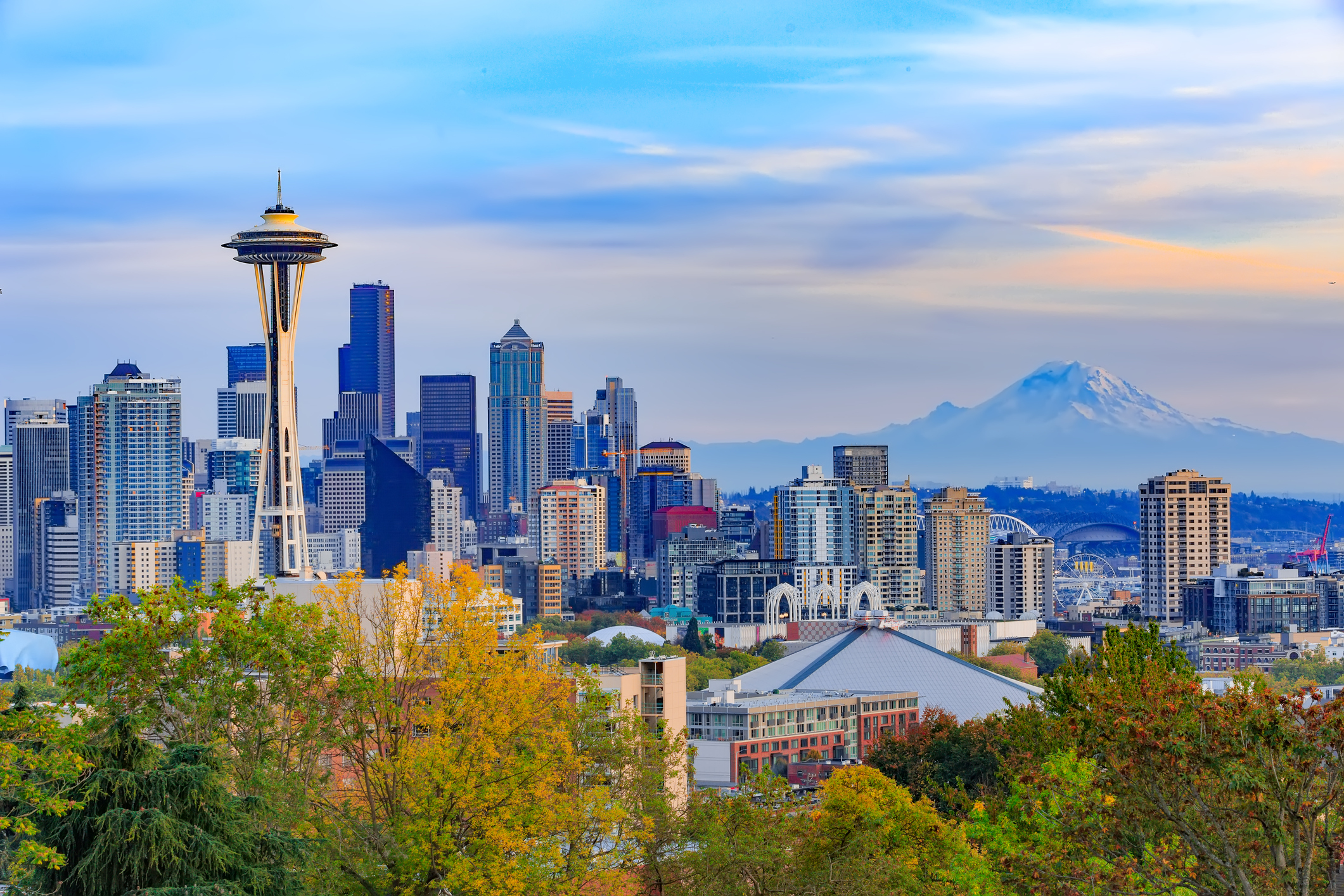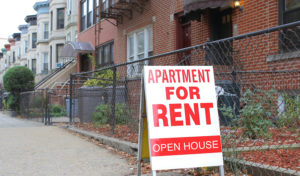
Proposed regulations would limit number of short-term rental properties and add license requirements.
Average home prices in Seattle, Washington have jumped more than 12 percent in the past year, making that city the fastest growing housing market in the nation, according to an industry report published in April. Hiring frenzies at technology giants including Amazon and Facebook have helped fuel the Seattle area’s housing demand and increase living expenses as the city grows. A recently revised proposal to regulate short-term rental properties—like those listed on Airbnb and VRBO—aims to protect housing stock in the Pacific Northwest city without disturbing the supplemental income individual homeowners can earn through the sharing platforms.
Airbnb and VRBO have attracted more than just homeowners who wish to advertise spare bedrooms or basement apartments for short-term rental using Internet platforms. Commercial property holders also use Airbnb and VRBO by listing units in apartment buildings for nightly reservations. Such commercial use means fewer homes and apartments remain available in the long-term housing market, according to a recent policy brief issued by the Seattle City Council. The new regulations proposed by Councilmember Tim Burgess would target commercial users by limiting the number of dwellings an individual can rent for increments of less than thirty days. In addition, the proposed rules would include new license and data-sharing requirements for platforms and property owners to improve guests’ safety and aid enforcement.
Under the proposed rules, property hosts could list their primary residence and one other dwelling for short-term rental, but no individual could have more than two properties active in the short-term market at any one time. The two-unit limit means more than 80 percent of Seattle’s current hosts would remain undisturbed by the new regulations, the City Council contends. For example, the homeowner who lists her suburban home’s basement on Airbnb and also rents her downtown condo to Seattle tourists for brief stays could continue both activities.
On the other hand, the new limit aims to motivate multi-unit hosts to transition their rentals to long-term leases, lessening Seattle’s apartment deficit. Analysis conducted in 2016 by researchers at Puget Sound Sage, a community advocacy organization, revealed that “property managers or real estate investors” acting as hosts on short-term rental platforms had generated 48 percent of Seattle’s growth in Airbnb inventory. Burgess reportedly hopes his proposed two-unit limit will slow the multi-unit host trend and slow down the “mass turnover” of potential rental property into Airbnb and VRBO listings.
To enforce the listing limit, the proposed rules add a license requirement for each short-term rental host. In addition to tracking the hosts’ number of short-term rentals, the license would confirm the listed dwelling is “up to code” and offer essential safety and contact information to guests. To cross-check that hosts obtain licenses, the rules would mandate short-term rental platforms to provide city officials with total listing and occupancy information once each quarter.
Burgess first proposed short-term rental regulations in 2016, but opposition from both platforms and property renters held up progress. That earlier framework would have limited hosts’ ability to list secondary residences for more than 90 nights of short-term rental per year.
Officials in other cities have adopted much tighter restrictions on short-term rentals than those that the Seattle rules would impose. In Germany, Berlin leaders instituted a fine scheme that could reach €100,000 for homeowners who impermissibly list their property for vacation rentals. A recently enacted state law in New York strengthens enforcement against those using short-term rental platforms in violation of existing housing rules. Airbnb filed, and then withdrew, a lawsuit in response to the New York law after state officials reportedly agreed to limit fines to hosts rather than fining the sharing company itself. Santa Monica, California, meanwhile, prohibited the rental of individual units for short periods and has already charged violators with misdemeanors and fines.
Given the stricter rules elsewhere, Airbnb may not launch much of a resistance in response to Seattle’s latest proposal. Airbnb representative Laura Spanjian reportedly issued a conciliatory reaction to the Burgess plan, noting the company shares Seattle’s twin goals of protecting “long-term housing stock” and supporting hosts who earn “meaningful supplemental income to help make ends meet.” Like other sharing-economy companies, such as Uber, Airbnb has gained public affairs experience at all levels of government as regulators react to the economic and social impacts of the platform business model.
Seattle officials have also considered other strategies to address the housing shortage. For example, an affordable housing task force formed by Seattle’s mayor considered taxing short-term rentals and using the revenue to add low-income apartments within the city limits. But state authorities control hotel and sales taxes in Washington, meaning city officials could not impose a tax of their own.
Although Councilmember Burgess introduced the updated proposal in April, the full Seattle City Council has not yet considered the plan.



